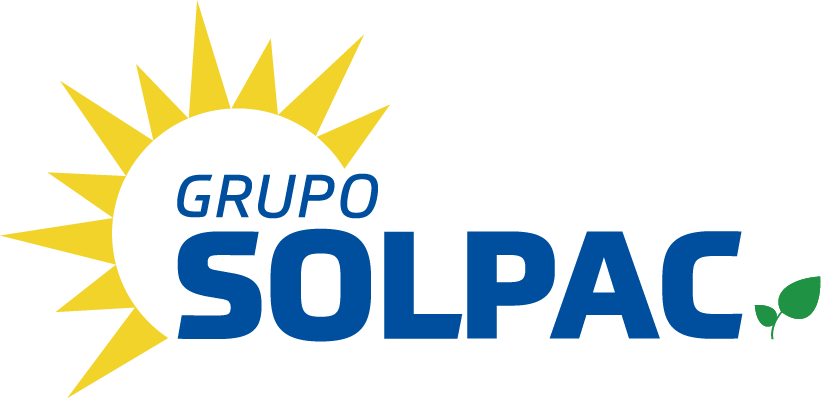Introduction
Radiation science plays a pivotal role in modern remedies, contributing to diagnostics, therapy, as well as research. This article explores the particular innovative applications click for more info and strides in radiation science which may have revolutionized the field of medicine. Through diagnostic imaging to focused cancer therapy, these enhancements are enhancing patient attention and opening new strategies for medical research.
Diagnostic Imaging Advancements
Computed Tomography (CT): CT scans have got undergone significant advancements, by using improved image resolution as well as reduced radiation doses. Innovative developments like iterative reconstruction skills enhance image quality although minimizing patient exposure.
Magnetic Resonance Imaging (MRI): Showing both radiation science with magnetic resonance, MRI has evolved together with faster imaging techniques and even enhanced contrast. Functional MRI (fMRI) allows for real-time following of brain activity, assisting in neurological diagnostics.
Positron Emission Tomography (PET): FURRY FRIEND scans provide valuable remarks into cellular metabolism. Progresses such as time-of-flight (TOF) DOGGIE imaging enhance spatial file size, enabling more accurate localization of abnormalities.
Therapeutic Applications
Radiation Therapy Techniques: Advancements in radiation therapy focus on precision plus targeted treatment. Intensity-modulated radiation therapy (IMRT) and stereotactic entire body radiation therapy (SBRT) enable doctors to deliver high doses towards tumors while sparing encircling healthy tissues.
Proton Treatment: Proton therapy offers highly accurate control over radiation supply, minimizing damage to adjacent tissues. It is particularly beneficial for pediatric cancers and growths located near critical areas.
Brachytherapy: Innovations in the treatment involve the use of radioactive information placed directly within or near the tumor. Image-guided brachytherapy treatment ensures accurate positioning, maximizing treatment outcomes.
Research plus Development
Radiopharmaceuticals: The development of world wide radiopharmaceuticals for diagnostic plus therapeutic purposes is raising. Targeted radionuclide therapies, that include lutetium-177 PSMA therapy just for prostate cancer, demonstrate possibly personalized medicine.
Radiogenomics: Understanding the interplay between radiation response and genetics is a burgeoning area of research. Radiogenomic experiments aim to identify genetic marker pens influencing an individual’s susceptibility to be able to radiation and guide personalised treatment plans.
Artificial Brains (AI): AI applications are transforming radiation oncology. Equipment learning algorithms assist in therapy planning, image analysis, in addition to outcome prediction, improving the general efficiency and precision with radiation therapies.
Challenges plus Future Prospects
Radiation Safety: As technologies advance, providing patient and staff basic safety remains a priority. Ongoing campaigns focus on minimizing radiation coverage, optimizing imaging protocols, as well as implementing stringent safety measures.
Use of Technologies: The future is based on seamless integration of stero imagine modalities and treatment solutions. Multimodal approaches, where different imaging technologies complement oneself, promise more comprehensive the facts and therapeutic solutions.
World-wide Collaboration: Collaborative research pursuits and knowledge sharing essential for accelerating advancements in radiation science. International relationships can facilitate the trade of expertise and foster a new collective effort toward conquering challenges.
Conclusion
Radiation technology continues to propel medical innovation, offering transformative solutions inside diagnostics, therapy, and homework. From refined imaging methods to targeted cancer treatments and also groundbreaking research endeavors, typically the synergy between radiation research and medicine holds astounding promise for the future of medical. As researchers, clinicians, along with technologists collaborate globally, the exact trajectory of advancements in radiation science remains vibrant, ushering in an era associated with personalized and precision treatments.
